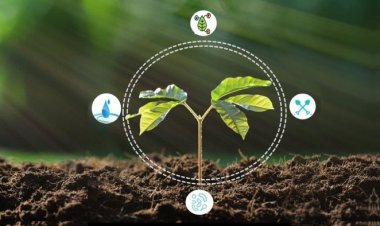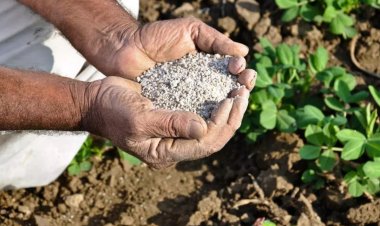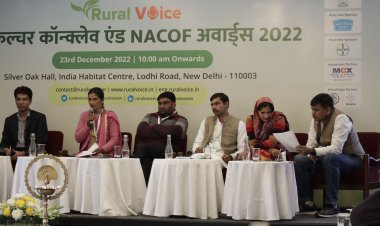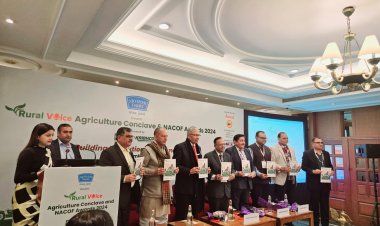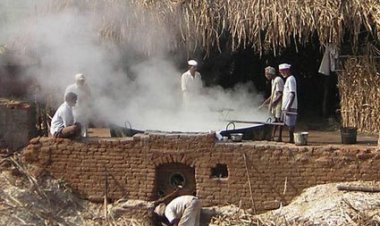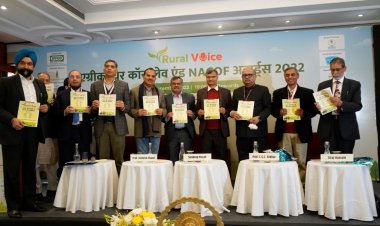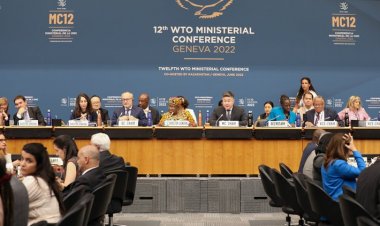Our responsibility to make India a Plastic Free Nation
While the entire world is drowning in plastic, India in 2016 achieved the dubious distinction of one of world’s largest plastic waste generators at 26.3 million tons per year. The Government of India has taken notice of the situation and has passed laws to ban manufacture, sale and use of identified single-use plastic items like plates, cups, straws, trays, and polystyrene from July 1, 2022.

The Constitution of India reminds us that being “the citizens of India” what are our rights and more importantly our responsibilities towards our nation. While the Constitution of India guarantees civil liberties to all of us like rule of law, freedom of speech and expression, it is our responsibility as citizens to uphold the laws and nurture our nation.
While the entire world is drowning in plastic, India in 2016 achieved the dubious distinction of one of world’s largest plastic waste generators at 26.3 million tons per year. The Government of India has taken notice of the situation and has passed laws to ban manufacture, sale and use of identified single-use plastic items like plates, cups, straws, trays, and polystyrene from July 1, 2022.
Despite several attempts to ban plastic in India, the problem of plastic pollution continues to grow. No policy or law can be successfully implemented without the support of the aware citizens in effective enforcement of the policy. Another reason for the failure of the plastic ban is the lack of credible alternatives.
India needs a comprehensive plan to provide alternative materials, such as compostable natural products, which would help to reduce the dependence on traditional plastics. Many people continue to use plastic bags and other plastic products as they do not have access to affordable and convenient alternatives.
However, it’s not all gloom. The good news is that banning single-use plastics can be effective in reducing plastic waste. Many states and cities in India have started reporting a decrease in the use of plastic bags, and this has helped to reduce plastic pollution in streets, waterways, and other public spaces.
Major success of the ban is the increase in public awareness and education about the negative impacts of plastic pollution and the importance of reducing plastic use. This has helped to raise awareness among citizens and businesses about the environmental and health risks associated with plastic pollution, and this has led to more conscious consumption and a greater willingness to adopt sustainable alternatives.
Citizen initiatives have led to an increase in the use of alternative materials, such as cloth and jute bags, paper, bagasse, palm leaf, and biodegradable plastics. This has not only helped to reduce the dependence on traditional plastics but also helped to create new business and employment opportunities.
However, it is important to note that banning single-use plastics alone is not enough to solve the plastic pollution problem. It needs all of us to uphold the laws, create awareness and be the flag bearers of the constitution.
(Author is Co-founder of EcoSoul Home)



 Join the RuralVoice whatsapp group
Join the RuralVoice whatsapp group


















